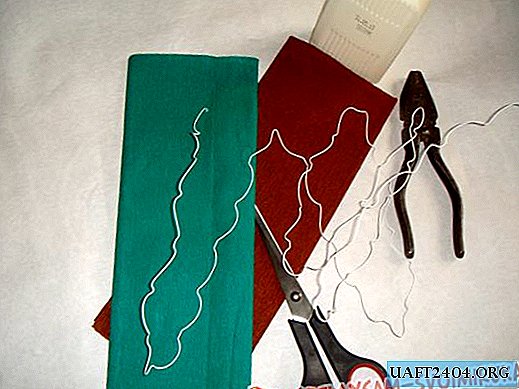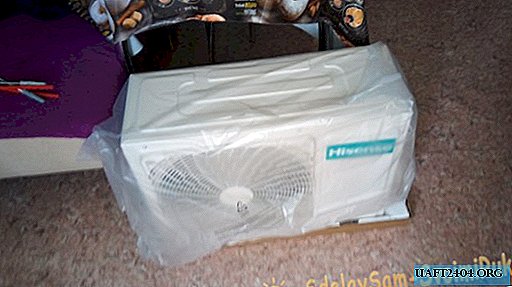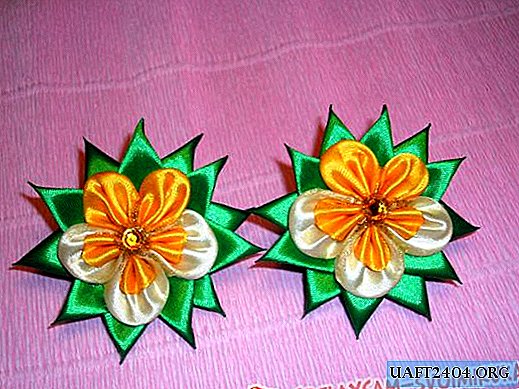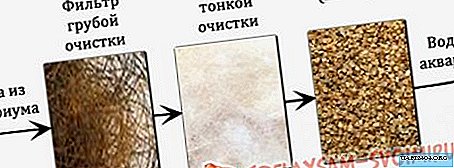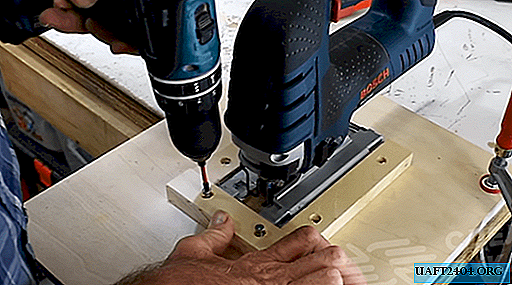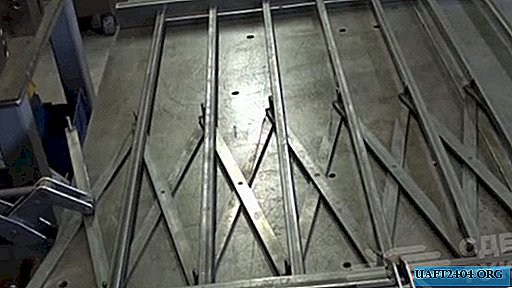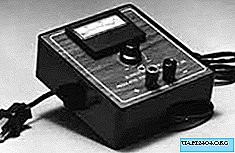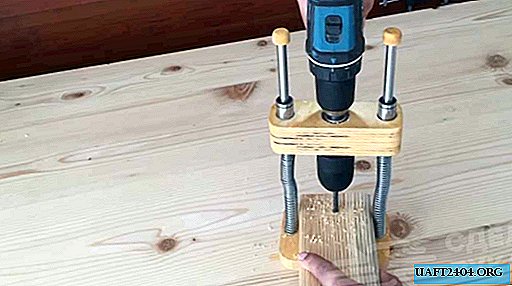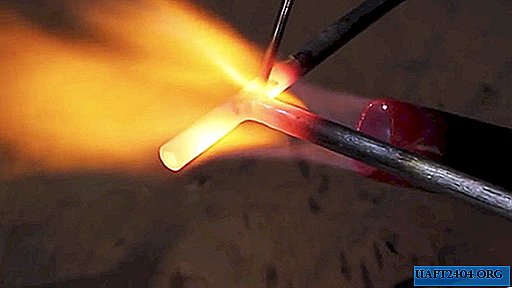Share
Pin
Tweet
Send
Share
Send
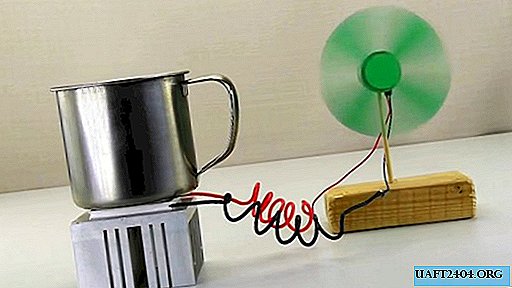
Physics is an exact science with its own laws, for the demonstration of which one can set spectacular experiments. Consider 6 interesting experiments.
1. Getting electricity from the temperature difference
For experience you will need:
- the Peltier element;
- radiator from the board;
- microelectric motor;
- a cup of hot water.

In the experiment, the Peltier element used in cooling systems is used. When voltage is applied to it, one side of the device is heated and the other is cooled. In this case, the element can act in the opposite direction - to generate electricity at a temperature difference of its walls.

If you put the Peltier element on a cold radiator from the board, and put a cup of boiling water on top, the device will generate electricity. The generated energy is enough to power the microelectric motor.

2. Proof of air weight
For experience you will need:
- lever scales;
- 2 balloons;
- needle.

You need to inflate 2 balls and hang them on the lever scales. One to inflate more initially.

Since they both have an unequal mass, the shoulders of the scales are not frozen horizontally. If you carefully pierce one of the balls with a needle, then after the air is released, the beam will rise with it. The experiment confirms that air has weight.

3. Electromagnetic gun
Based on the strength of Ampere, you can make a gun. To build it you will need:
- plastic tube up to 30 cm;
- insulated copper wire;
- 2 lithium 18650 rechargeable batteries in a cartridge;
- neodymium washer magnets 5-8 pcs.

You need to plug one end of the plastic tube. At its edge, 50 turns of wire are wound. One end of the wire connects to the plus or minus terminal of the battery cartridge. Several neodymium magnets are placed in the tube.

If you close the coil circuit by connecting its free end to the second terminal, then the magnets will be pushed out by Ampere force. This happens so quickly that it creates a visual impression of a shot.


4. Electromagnetic bouncer
This experiment works according to the same physical laws as a magnetic gun. For its implementation, the same materials will be required, as well as:
- 3300 uF capacitor 63 V;
- Postings
- circuit breaker.
A capacitor must be included in the design of an existing magnetic gun. A homemade circuit breaker made of dowel and wire is installed on one of the wires of the coil. It closes the coil circuit when pressed, and in the absence of pressure opens.



The switch is inserted into the tube. If you lower the magnets into it, then they press the contacts to the closed circuit and the Ampere force will push them. Having jumped up, but not completely flying out, since the current pulse on the coil is very short, they will fall again. Projectile jumps will continue until the batteries run out.


5. How to make aluminum react to neodymium magnets
It is possible to create conditions when aluminum interacts with a magnet. For experience you will need:
- aluminum plate;
- powerful magnet;
- thread;
- 2 packs of matches.

Just applying a fixed magnet to the aluminum plate can make sure that there will be no attraction. If you put the plate on two matchboxes and hang a magnet over it, then when it sways, you can notice the swaying of aluminum.

Such an effect occurs because when a magnet flying over a plate, an electric current is generated on it, creating an electromagnetic field. It interacts with the field of the magnet, so the plate and loosen.


6. The simplest spinner-based generator
For experience you will need:
- spinner;
- coil;
- diode;
- microelectric motor;
- Neodymium magnets.

You can power the electric motor if you connect a coil to it through a diode and act on it with rotating neodymium magnets. It is enough to attach permanent magnets to the spinner blades and place it on a rack. The magnets rotating on it, brought to the coil, together repeat the scheme of the electricity generator.



If you connect a LED directly to such a coil, it will turn on. In this case, the light will flicker, which is caused by low speeds of permanent magnets.

If you connect another hanging coil to the coil generating electricity, the axis of which will be magnets, then it will begin to oscillate under the influence of the Ampere force. Of course, only if you start the generator from a spinner.




Share
Pin
Tweet
Send
Share
Send

